Fujifilm Diosynth Biotechnologies achieve both speed and scale through designed experiments
Vaccine development is dominating the news and the whole world is watching as organisations come together to find a solution to the Covid-19 outbreak. The urgency of the situation is forcing change at every step of the process. By its nature, a pandemic generates tremendous simultaneous demand around the world – the sheer size of the market for a vaccine will require production to scale up rapidly and it will be critical to have the capability for mass-production.
Join our webinar on 7 July 2020 at 12pm (BST) where we will be discussing how designed experiments can help you speed up and scale up your research and development.
Scaling up under pressure
The drive to make processes scalable and reproducible has always been at the forefront for biotechnology and pharmaceutical companies. The stakes may not have been quite this high before but, in these competitive marketplaces, rapid innovation cycles and adherence to high-quality standards remain critical. Design decisions have a significant impact on speed as well as cost, with manufacturing aiming to make consistent and correct batches of high yielding product every time. Scientists need an efficient approach to optimise process development, leading to shorter development and production timescales.
In these challenging times, biotech firms need ways to broaden their statistical and data science toolkits to help streamline development. A statistically designed approach to experimentation at the development stage helps biotech companies build process knowledge. This in turn helps to make development and manufacturing processes more rapid, robust and replicable.
At the end of the day [designed experiments] result in process understanding and product reproducibility
Somaieh Mohammadi, Fujifilm Diosynth Biotechnologies
Optimising experimentation
Statistically designed experiments are playing an increasing role in pharmaceutical and biopharmaceutical labs around the world. Statistical methods help research scientists to reduce the number of experimental runs that must be performed in a given test, thereby shortening development cycles.
With locations in the UK, US and Denmark, Fujifilm Diosynth Biotechnologies (FDB) is a leading provider of contract biologics, gene therapy and vaccine process development and good manufacturing practice (GMP) services. The company works in close partnership with customers around the world, offering extensive scientific expertise in cell culture, recombinant proteins, viral vaccines, microbial fermentation and gene therapies.
FDB Staff Scientist Somaieh Mohammadi works with internal clients to help establish new data science proficiencies. She explains how designed experiments help the organisation ‘make better design decisions that will at the end of the day result in process understanding and product reproducibility.’ For colleague Gwen Ninon, the key benefit of this approach is that scientists can plan experiments in advance, separating those factors that are important from those that are ‘just noise’.
For FDB, robust statistical analysis incorporating a design of experiments (DOE) approach helps reduce the number of experiments that need to be conducted while delivering results more quickly.
From a statistics point of view, we get to run experiments without worrying about lurking factors or randomisation
Gwen Ninon, Fujifilm Diosynth Biotechnologies
Shortening development time
Mohammadi and Ninon are working with their colleagues at FDB through formalised training, individual ad hoc consulting and the deployment of longer term strategic development workflows to promote process innovation. They envision and implement new statistical and data science approaches that will lead to better performance in the lab by helping colleagues make knowledgeable decisions . They are equipping the organisation to better utilise high-throughput technologies like mini and micro ambr® bioreactor banks and automated liquid handling and analysis systems that can generate reams of data in very little time.
‘From a statistics point of view, we get to run experiments without worrying about lurking factors or randomisation,’ Ninon says. ‘Being able to test a range of conditions quickly at small scale in a proven model is key to getting through characterisation and validation faster and with less risk.’
These efficiencies all ultimately contribute to the speeding up of development cycles and, in turn, both profitability and scientific innovation.
Supporting scientists
By helping scientists to make better decisions faster and meet project milestones more predictably, statistically designed experiments help biotech firms stay focused on their goals. Whatever the next breakthrough being pursued, discipline and scientific rigour are fundamental to ensuring success. DOE provides a robust framework while shortening development timescales and enabling reproducibility and scalability.
DOE drives the efficiency and predictability that could make all the difference to biotech firms as they adjust to new working practices and the economic impact of the pandemic. Whether the pressure is on to make a breakthrough or to reduce costs and deliver results with limited resources, organisations should ensure they are supporting their scientists in every way possible with the right tools and techniques for success .
Join our webinar on 7 July 2020 at 12pm (BST) where we will be discussing how designed experiments can help you speed up and scale up your research and development.












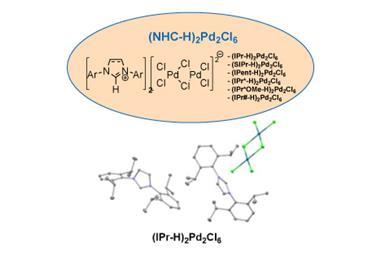
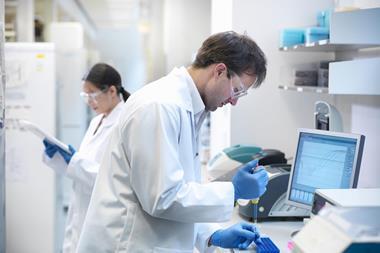
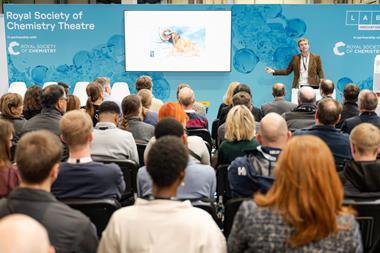

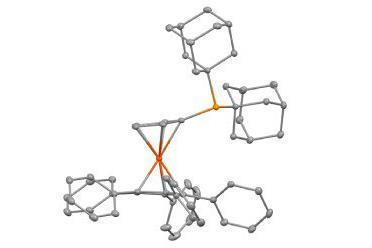
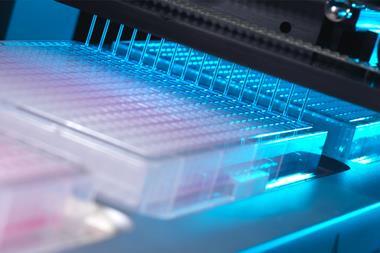
No comments yet